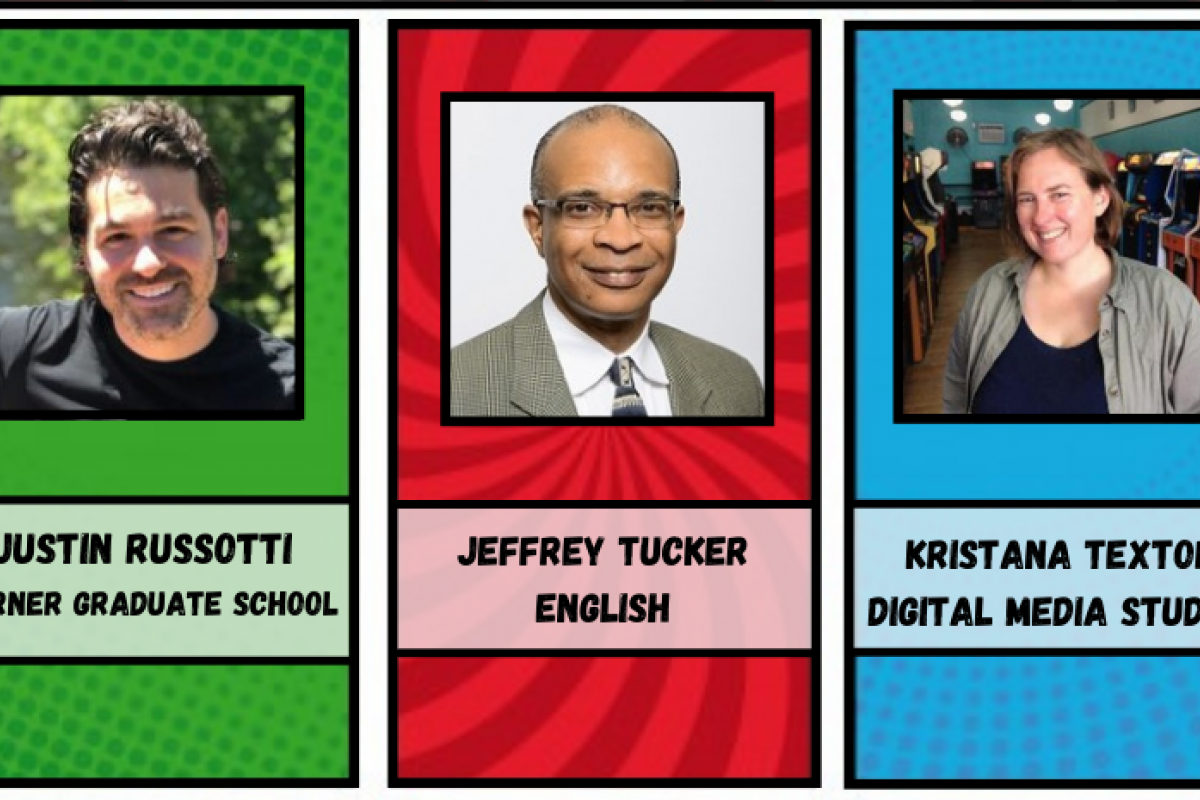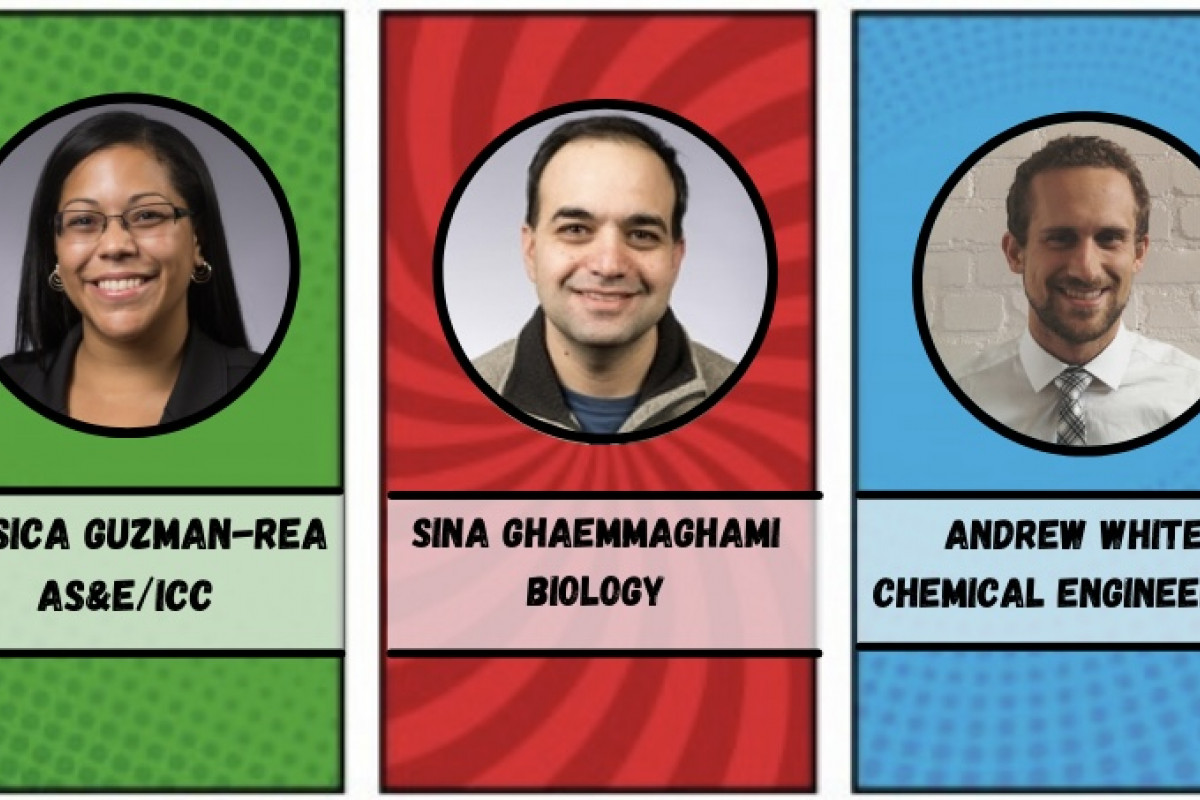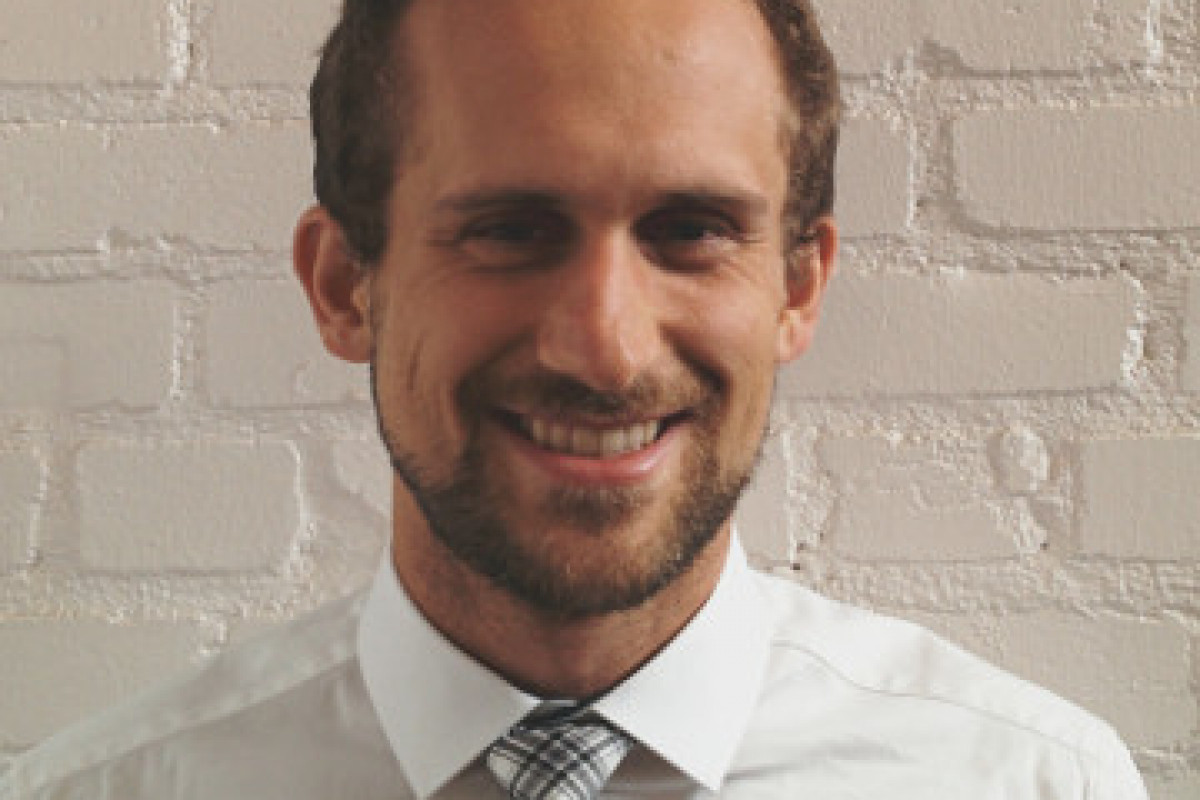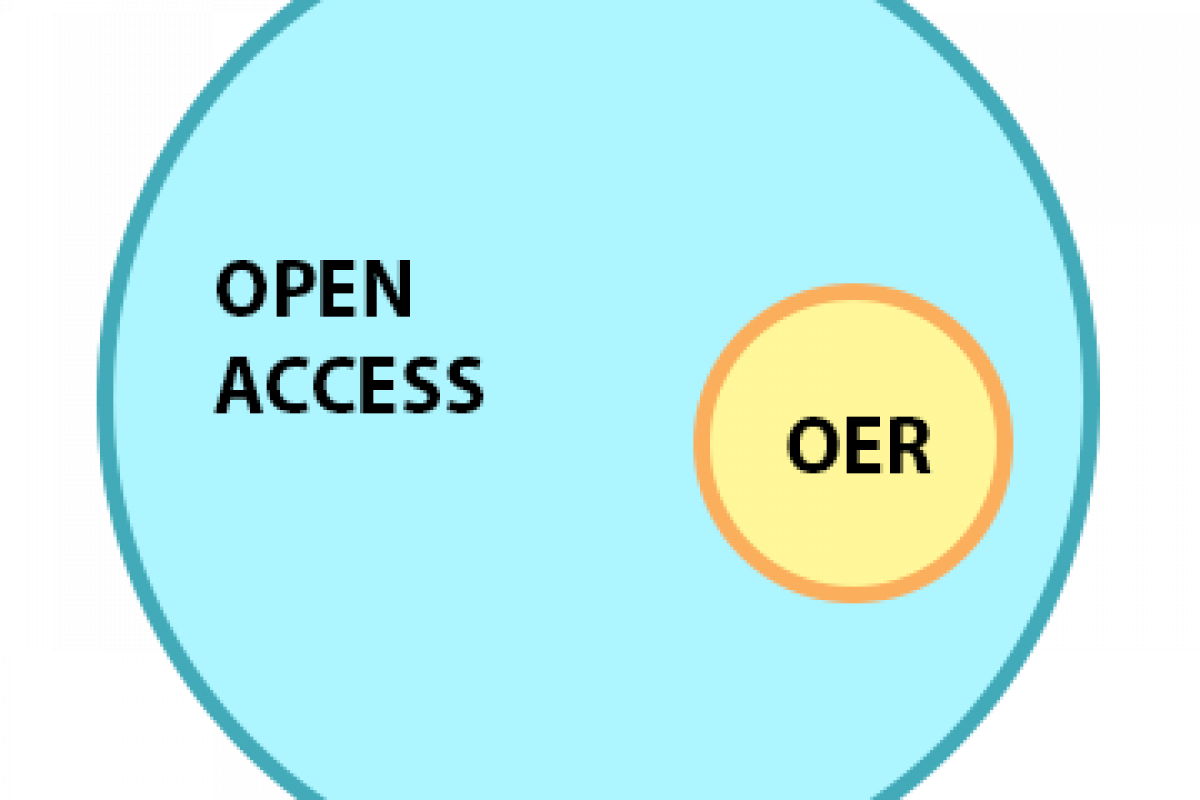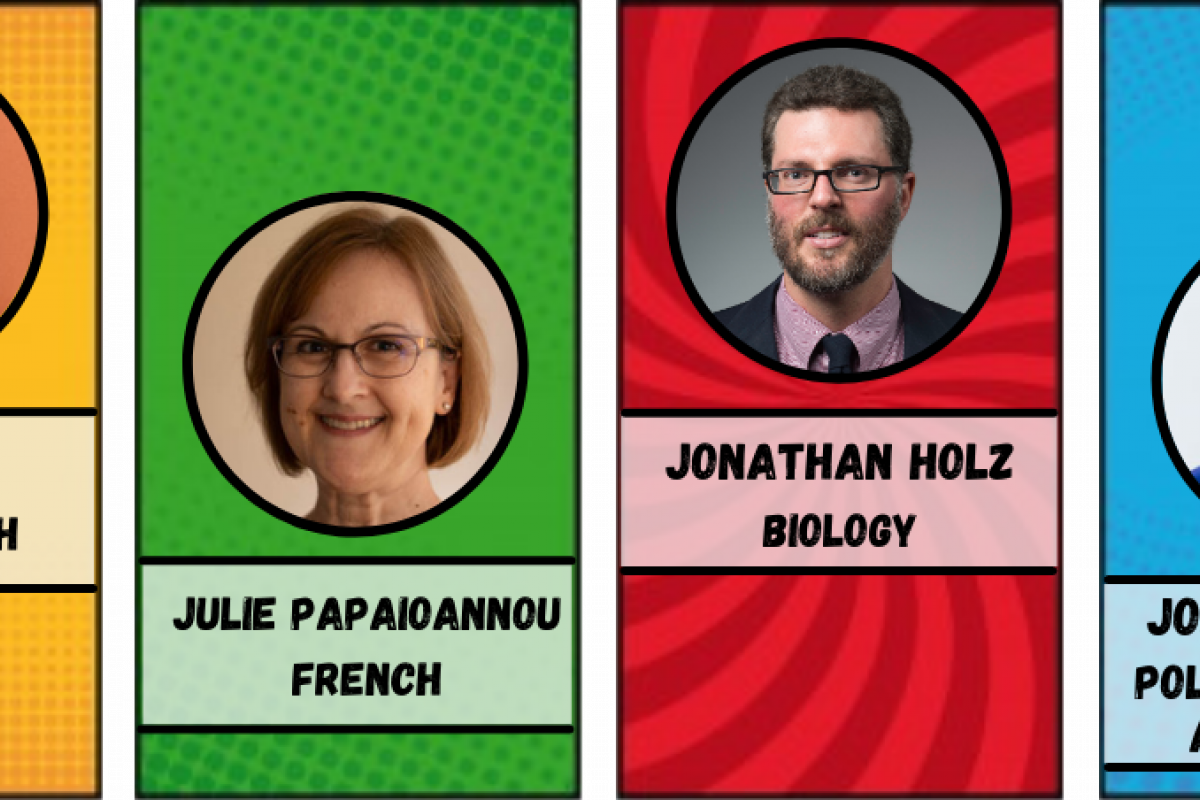As the library aims to develop student mastery of information, data, and digital fluencies, and critical thinking skills, we promote the creation and practices surrounding open education that increase accessibility to higher education.
There is a national growing movement surrounding open educational resources and open pedagogical practices that decrease overall student expenses by adopting course materials that are free or low cost. Furthermore, we can enhance student learning by inviting them to participate as knowledge creators for the greater good, surrounding key issues within standard coursework.
The River Campus Libraries offer a series of resources and services where instructors and students can learn more about the movement, engage in the available materials, and take action by rethinking standard ways to deliver and participate in their coursework.
Quick links
- Check out our sixth round of Zero Cost Heroes (plus first, second, third, fourth, and fifth rounds)
- Find it (course materials) for Free
- RCL Open Educational Grant Program
- What does it mean to be Open?
- Updates
- Videos from the Open Education series on RCL's YouTube channel
- Learn how others are going Open
- Getting Started
- Contact Information
What does it mean to be Open?
Open can mean many things—open access, open source, open educational resources (OER), and open pedagogy—and all are distinct forms of open content. The libraries’ Open Scholarship Libguide, Sustainable Scholarship webpage, and these introductory presentations on OER, Open Pedagogy, and Open Access Publishing will help you begin exploring.
The 5 Rs and Creative Commons licenses are key to understanding OER, and with a deeper dive, these following resources can help place context to finding, evaluating, modifying, and engaging with OER:
- An Introduction to OER (playlist of brief videos)
- Look through resources to understand the issues and take inspiration from what others are doing
- Chapters to provide examples of these approaches
- Events/resources to develop understanding and engage in the conversation
- Join the University of Rochester Community in ensuring student access to textbooks by making the ACT Commitment.
- Apply for an Open Textbook Pilot Grant
Updates
Wikipedia as a Prime Open Educational Resource
Orienting to OER and Open Pedagogy
OER in the Humanities
Library as Key Partner in Open Pedagogy (part 2)
Related materials — Malloy & Siddiqui / Davies Hoffman & Spence
Learn how others are going Open
Interested in seeing models of how OER and Open Pedagogy work in a college classroom?
- Open Pedagogy Approaches: Faculty, Library, and Student Collaborations, a collaborative UR open publication (and OER!), lays out multiple case studies to explore.
- This Open Oregon webinar recording can further provide a snapshot of the motivations, processes, and examples involved in developing the book.
- See Jon Holz (Biology) and Moriana Garcia (Science & Engineering Librarian) discuss their River Campus collaboration.
There are numerous OER repositories that can be helpful to you. For example:
|
Interdisciplinary Repositories
|
|
Textbook Repositories
|
|
Primary Source Collections
|
|
Disciplinary or Multimedia Repositories
|
|
Ideas Surrounding Open Pedagogy
|
Browse through some of these repositories to see what OER exist, where there are gaps, and what could benefit from professional review and use case modification and assessment.
Getting Started
Unsure if your coursework will benefit from going open? Stacy Katz and Jennifer VanAllen of CUNY’s Lehman College wrote this chapter – Evolving into the Open: A Framework for Collaborative Design of Renewable Assignments - that walks readers through the steps of moving from a disposable to renewable framework.
Furthermore, there are some great resources that can walk you through the thought process of open pedagogical practices.
Start a conversation with your Subject Librarian (contacts linked below) who can ask prompting questions, brainstorm ideas, and offer vital lessons to support your transition.



